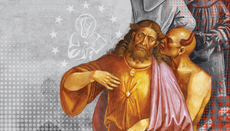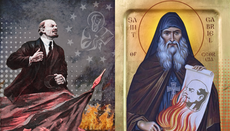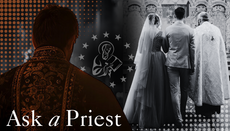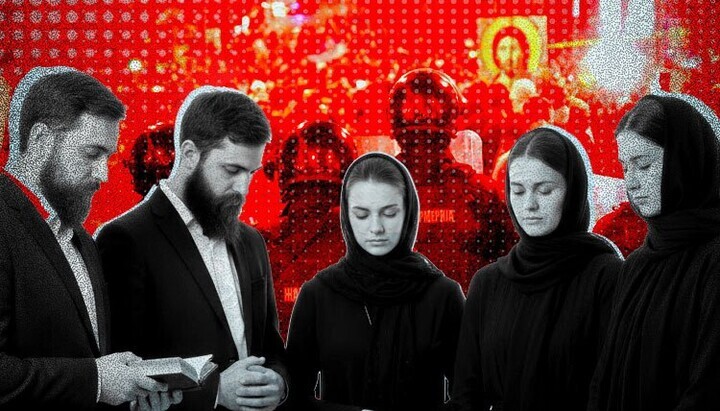Cultural Dadaism and Christian Renewal
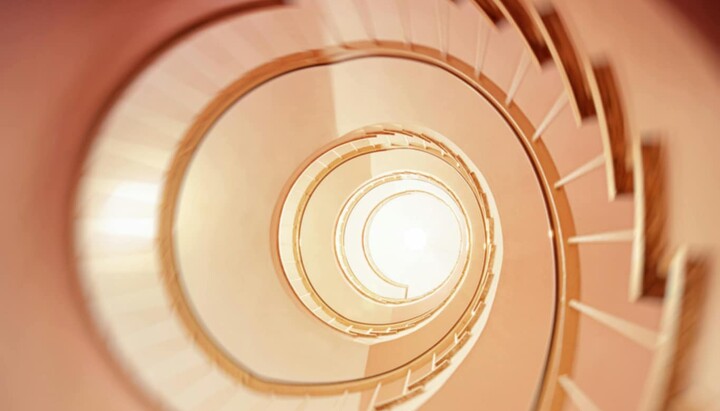
From Dadaism to David and the Redemption of Transgression
The Dadaist movement took off in the wake of the first World War as a response to the absurdity of the carnage involved. If so called ‘rational’ civilization had ended in widespread death and destruction, then perhaps it was time to rethink everything. In many ways ideas first express themselves through art, art becoming a vehicle for an otherwise unarticulated political philosophy. This too was true for Dadaism, and the central theme was clear. Abandon all norms, question everything. In fact, the one rule of dadaism is that there are no rules. Convention, tradition, aesthetics, everything was to be transgressed and the artist was to express himself in whatever way he saw fit, owing no explanation or reason for it. After all, the rigidity of reason led to absurdity.
As one may expect, Dadaist art was not particularly good art, classically defined. The irony being the art itself is rather absurd. No movement can really be constructed on negation. But the whole point of the movement was to try and redefine what we considered ‘good.’ When form is removed from art, there ceases to be any standard. When there is no standard, all is permissible. When all is permissible, the only way to stand out is to create shock and spectacle. To transgress old norms in increasingly creative ways. It is a race to the bottom.
It has been said that life imitates art. As mentioned earlier, art is an early expression to a much deeper yet latent ideology. That ideology is spread via art in a mimetic form which can influence and spread to others much more effectively than dialogue. It should be no surprise then that what began as an obscure art movement found its way into common culture, even if the average person knows nothing of art, or has never even heard of Dadaism. Even though Dadaist art is no longer in style, its philosophy is still at large.
What could better define modern life as a complete rejection of tradition? To be more specific, it is not ignoring tradition, it is opposed to tradition. It is opposed to any standard at all. As art moved away from imitation of external realities and into individual expression, so too have cultural norms and morals been placed into the preference of the individual. Transgression of all prior norms is encouraged and celebrated as a triumph of individual freedom over standards now seen as outdated, rigid, and repressive.
However, just as shock and spectacle became integral for standing out in an art world with no standards, so too do we now see the Faustian bargain of liberty without bounds. For there is always a new line to cross, a new barrier to remove, another norm to push. The train does not stop where you want it to, it too is a race to the bottom. Any attempt to reign it in will now paint you as the repressive law giver that the cultural revolution set out against: Objective truth and standards were abolished, remember? You were perfectly happy to play the revolutionary for your pet cause, why are you all of a sudden getting squeamish about the next phase of liberation? Unless you are grounded in truth, you will not be able to give an answer, you are defenseless.
This is how power is yielded now, and it is a tyrannical leviathan. The one truth all must accept is that there is no truth. A very convenient maxim if you want impunity to do whatever is within your power to do so. Morality is now sublimated into politics. Oppose the current trend in any meaningful way and see how ‘free’ you really are. Watch how dogmatic so-called relativists become. Vote for anything considered normal one hundred years ago and watch them say democracy is under attack. So, what can one do in such a climate?
I invite you to consider the story of David. A man who found himself on the wrong side of an irrational and tyrannical regime who was set out to destroy him out of fear and jealousy (I would not be the first to point out the psychology of the revolutionary is seated in envy). King Saul could see David’s rising success and began to fear he would take over his position as ruler. Despite the persecution, exile, and even the attempts on his life, David still would not attempt to overthrow the rightful King. For David, revolution was off the table. Neither does David conform or cease to live according to God's ways in the face of his persecution. To the extent possible, he tries to soothe Saul, and get him to recognize reason, but when this fails, he eventually gathers a few loyal men, and begins a new life outside the influence of those seeking to destroy him.
As you may suspect, this did not work in the long run, for eventually Saul came to seek out David. There is no hiding from a regime whose very authority is threatened. However, to remain alive, David begins to bend the norms of convention. He eats the showbread intended only for priests, changes his appearance to remain anonymous, pretends to be mad to avoid detection, and lives in caves on the outskirts of the kingdom. What would seem in upright times as radical and provocative behavior, become the very means by which David preserves himself and outwits a hostile enemy. What sets this all into motion is a signal from David’s friend Jonathon, the son of the King, on whether Saul intends to make peace with David, or to pursue him and put him to death. The signal they agree upon is for Jonathon to shoot an arrow into a field as if a target. If the aim is true, David is safe, if it misses beyond, David’s life is in danger, and he must flee.
The connotation here is interesting, as sin, often interpreted as ‘missing the mark,’ is usually framed as something to avoid, and yet here ‘missing the mark’ becomes the very sign that saves David from the reach of those seeking to destroy him. The symbolism is clear, when the world is upside down, when right becomes wrong, and wrong right; when the righteous are persecuted and wicked reign, the transgression of norms becomes the way to remain true to oneself and to establish one’s legacy. Saul’s grip on power eventually slips as his thirst for maintaining it against all reason ends in his demise—leaving David as the inheritor of the kingdom.
And so, to come full circle, we can glean a silver lining from the Dadaists. In an absurd world, a clown world, breaking with accepted convention becomes necessary to keep truth alive. Transgression and enmity with the status quo are a means to cultural change and renewal. Remaining on the edge, the fringe of the zeitgeist of our age can be a way to return culture right-side up. Staying true in an age of falsehood will render us ready to ascend when the weight of absurdity collapses down on the current powers that be. Let us take aim at modernity’s target and miss.
